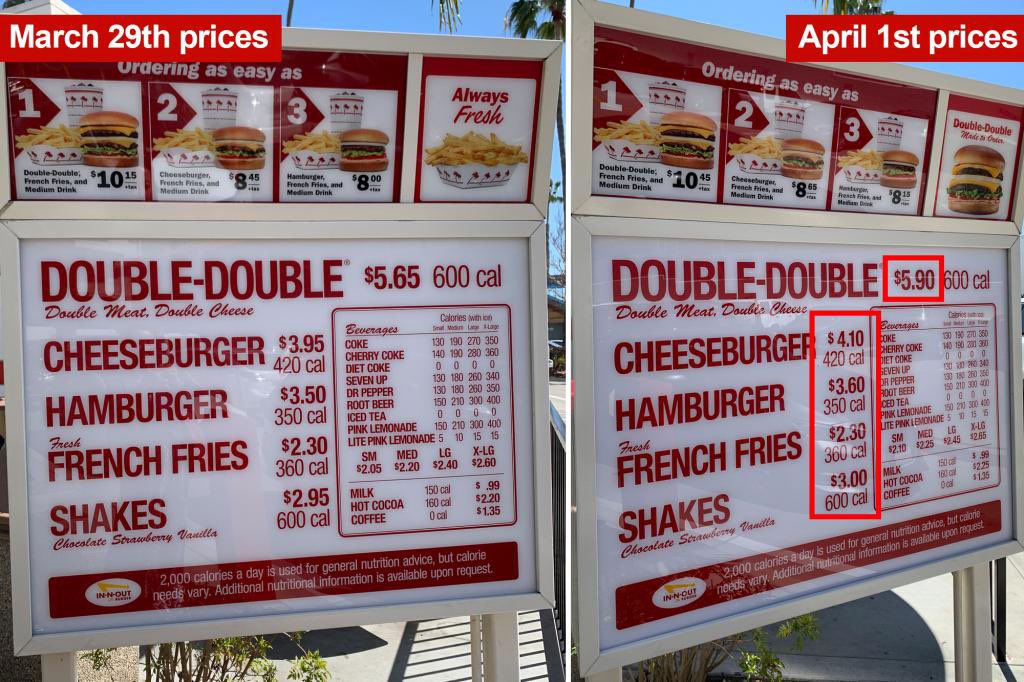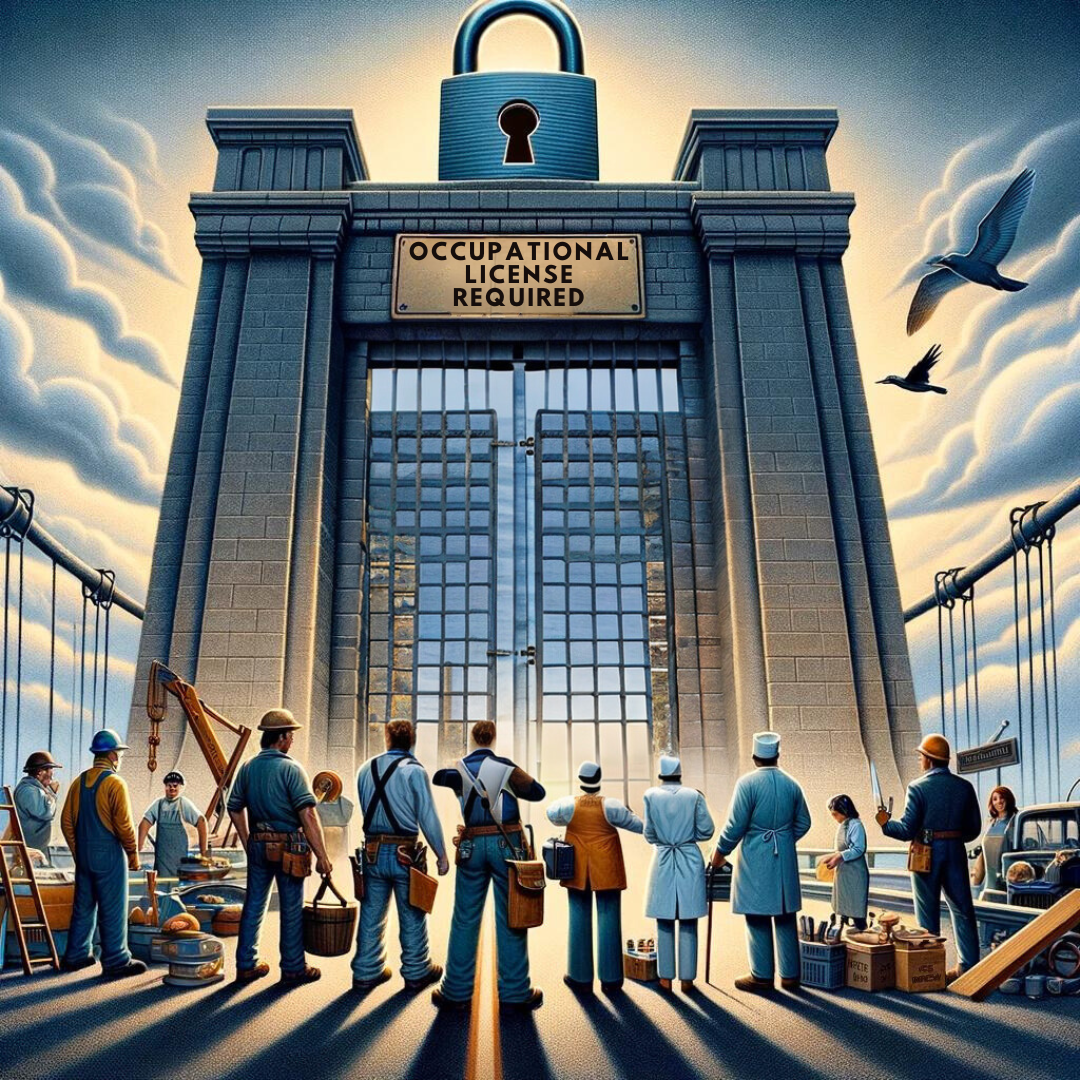Why are unions opposing the policies supported by their members?
As courts grapple with deciding whether compulsory union dues violate the First Amendment, the debate over worker rights and forced unionism has taken center stage. However, whether you support forced unionism or the right of workers to choose, it is becoming increasingly clear that union members want more choices when it comes to union representation.
A survey released yesterday as part of National Employee Freedom Week reveals that while a majority of union members say they would stay with their union, a majority also say they want the opportunity to make that decision on their own, free from force. Over 71% of union members (from right-to-work and forced unionism states) support regular recertification elections that would enable them to decide whether they want a union to represent them and if so, which union.
The survey also shows 77% of union members believe in a policy known as “worker’s choice” — where union members who opt-out of paying any union dues or “agency fees” can negotiate directly with their employer. Conversely, under a “worker’s choice” policy, the union has no obligation to represent those workers in their contract negotiations and instead negotiate solely on behalf of their own members.
Currently, even in right-to-work states (RTW), when a worker opts out of paying union dues or fees, the union is forced to continue representing that worker in negotiations with the employer over wages, benefits and other work conditions. Even if the worker does not want that representation. That is not fair to the union or to the worker.
A worker’s choice policy would benefit both unions and workers, releasing workers from unwanted union representation and relieving unions from providing services to workers who do not pay for them. Of course, union leaders don't like the idea because exclusive bargaining representation, even if it means representing workers who don't pay dues and don't want to be represented by the union, gives unions monopoly bargaining status and all the benefits of such.
The survey also reveals that despite the oft-repeated union talking points against RTW, union workers in RTW states have similar satisfaction levels with wages and workplace conditions compared to those in forced unionism states.
- 77% of union members in RTW states were satisfied with the working conditions set by their contract, compared to 71% of those in union states.
- 68% of union members in RTW states were satisfied with their wages, compared to 67% of union members in forced union states.
- 59% of union members in RTW states say their union was helpful in improving workplace safety, compared to 57% in forced union states.
Clearly, there are no discernable differences between the satisfaction levels of union workers in RTW and forced union states. Further discrediting union leaders’ arguments against RTW is the fact that workers in RTW states actually earn more than their counterparts in forced unionism states.
Busting the “right-to-work-for-less” myth, new data shows that once the cost of living is factored in, the average income of a worker in a RTW state will buy a better standard of living than the average income of a worker in a forced unionism state. So while workers in RTW states may earn lower wages compared to workers in forced unionism states, the significantly lower cost of living in RTW states more than levels that playing field. Workers in RTW states also benefit because they are not forced to give part of their earnings to the unio.
Don't expect union leaders to change their rhetoric against RTW anytime soon, or to relent in their adamant opposition to anything that remotely resembles giving their members any choice when it comes to union membership and union dues. That said, the refusal of union leaders to even consider giving their members more choices (which they very clearly want) invites the obvious question of who is the union really representing? That, of course, is a rhetorical question.







